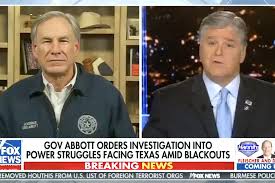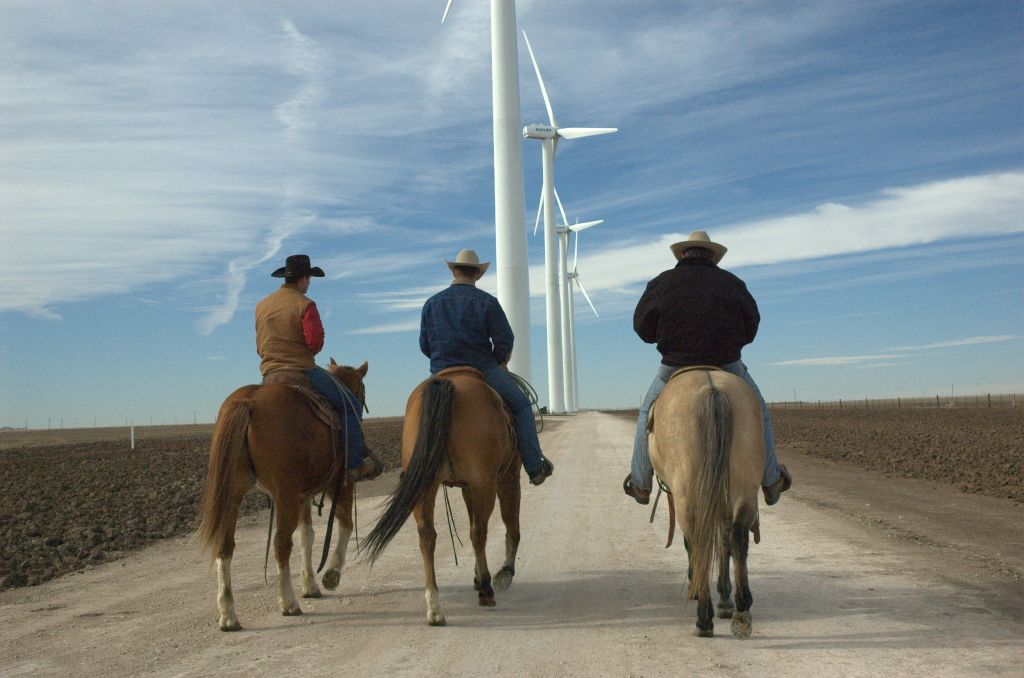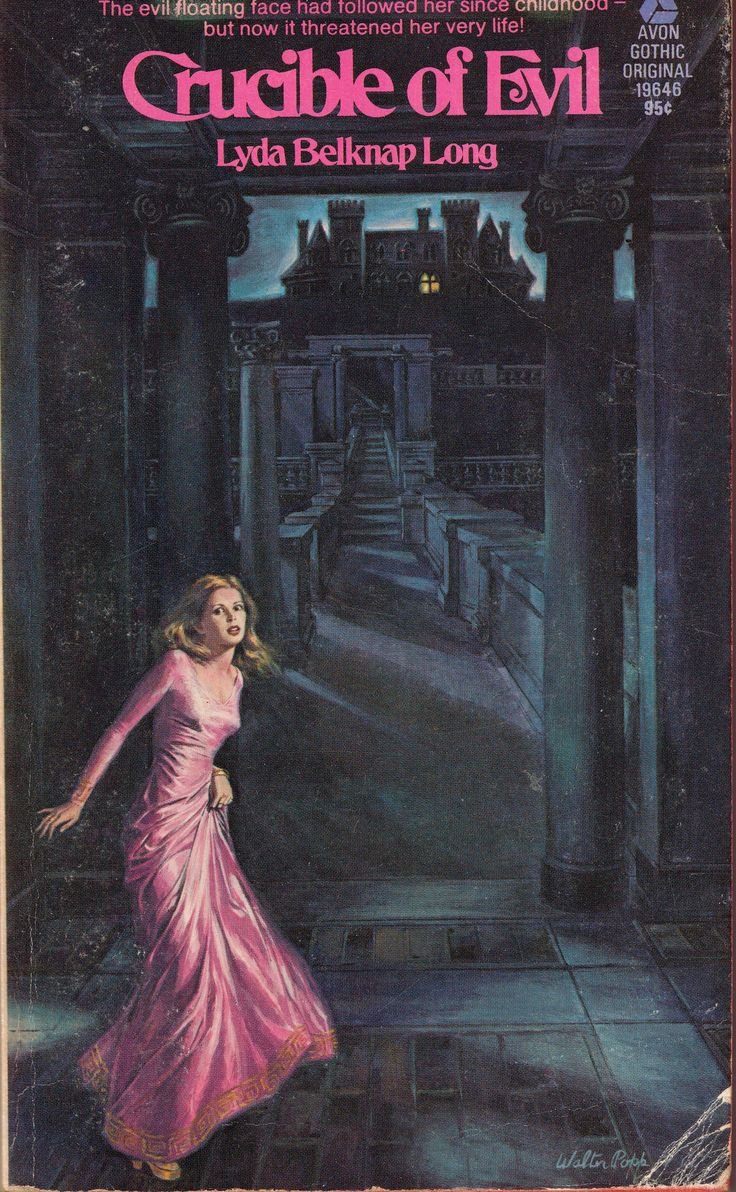If wanting to be heard is one side of coin, the other side is being willing to listen. The two are inextricably connected. When convinced that no one _ especially those in place of power & privilege is really paying attention to our protests & demands we will be less...1/15
" As the corona virus swept round the globe killing hundreds of thousands, putting millions out of work & shattering life as we knew it, board signs appeared randomly in public parks across London. 'When all this is over how do you want the world to be different? signs asked 1/16 pic.twitter.com/DB2yqUjve7
— Yameen (@1YameenM) January 6, 2021
The moment we stop listening to diverse opinions is also when we stop learning. Because the truth is we don't learn much from same_ness & monotony. We usually learn from differences. 4/15

More from Culture
For my book, I interviewed Texan Republicans, Democrats, oil guys + clean energy pioneers. Texas was once leading in wind energy, with GOP support. Now we get lies, from the Gov on down on renewables. What happened?
Lessons from Short Circuiting Policy https://t.co/KtxaBci5oC 🧵

Texas' challenges are not from "learning too many renewable energy lessons from California.” - Rep. Crenshaw
Texas passed its first renewable energy target in 1999, 3 years before California. The law was signed by, Gov. George W. Bush — you may recall he’s a Republican.
Gov. Bush was so proud of Texas’ leadership on wind energy, that he campaigned on it when running for President in 2000.
The "bill he signed in 1999 will make Texas the country’s largest market for renewable energy by 2009."
https://t.co/T4dKZ5qGnA

In 2005, Texas passed another big wind energy law, which included $7 billion for transmission.
It was sponsored by Republican state Senator Troy Fraser and signed by Republican Gov. Rick
With Gov. Abbott going on TV this week and lying, blaming the boogeyman “Green New Deal” and wind turbines for Texas’ current crisis, GOP leadership on renewables feels like ancient history.
What happened over the past 15
Lessons from Short Circuiting Policy https://t.co/KtxaBci5oC 🧵

Texas' challenges are not from "learning too many renewable energy lessons from California.” - Rep. Crenshaw
Texas passed its first renewable energy target in 1999, 3 years before California. The law was signed by, Gov. George W. Bush — you may recall he’s a Republican.
Gov. Bush was so proud of Texas’ leadership on wind energy, that he campaigned on it when running for President in 2000.
The "bill he signed in 1999 will make Texas the country’s largest market for renewable energy by 2009."
https://t.co/T4dKZ5qGnA

In 2005, Texas passed another big wind energy law, which included $7 billion for transmission.
It was sponsored by Republican state Senator Troy Fraser and signed by Republican Gov. Rick
With Gov. Abbott going on TV this week and lying, blaming the boogeyman “Green New Deal” and wind turbines for Texas’ current crisis, GOP leadership on renewables feels like ancient history.
What happened over the past 15
OK. Chapter 7 of Book 4 of #WealthOfNations is tough going. It's long. It's serious. It's all about colonies.
We can take comfort, though, in knowing that the chapter #AdamSmith says is about colonies is, in fact, about colonies. (IV.vii) #WealthOfTweets #SmithTweets

Colonies were a vexed subject when #AdamSmith was writing, and they’re even more complicated now. So, before we even get to the tweeting, here’s a link to that thread on Smith and “savage nations.” (IV.vii) #WealthOfTweets
The reason for the ancient Greeks and Romans to settle colonies was straightforward: they didn’t have enough space for their growing populations. Their colonies were treated as “emancipated children”—connected but independent. (IV.vii.a.2) #WealthOfTweets #SmithTweets
(Both these things are in contrast to the European colonies, as we'll see.) (IV.vii.a.2) #WealthOfTweets #SmithTweets
Ancient Greeks and Romans needed more space because the land was owned by an increasingly small number of citizens and farming and nearly all trades and arts were performed by slaves. It was hard for a poor freeman to improve his life. (IV.vii.a.3) #WealthOfTweets #SmithTweets
We can take comfort, though, in knowing that the chapter #AdamSmith says is about colonies is, in fact, about colonies. (IV.vii) #WealthOfTweets #SmithTweets

Colonies were a vexed subject when #AdamSmith was writing, and they’re even more complicated now. So, before we even get to the tweeting, here’s a link to that thread on Smith and “savage nations.” (IV.vii) #WealthOfTweets
We have to pause now, because we have to have a whole new tweet thread on #AdamSmith and \u201csavage nations,\u201d because he\u2019s going to keep using this kind of phrase, so we need to talk about it. #WealthOfTweets #SmithTweets
— @AdamSmithWorks (@adamsmithworks) January 4, 2021
The reason for the ancient Greeks and Romans to settle colonies was straightforward: they didn’t have enough space for their growing populations. Their colonies were treated as “emancipated children”—connected but independent. (IV.vii.a.2) #WealthOfTweets #SmithTweets
(Both these things are in contrast to the European colonies, as we'll see.) (IV.vii.a.2) #WealthOfTweets #SmithTweets
Ancient Greeks and Romans needed more space because the land was owned by an increasingly small number of citizens and farming and nearly all trades and arts were performed by slaves. It was hard for a poor freeman to improve his life. (IV.vii.a.3) #WealthOfTweets #SmithTweets


























